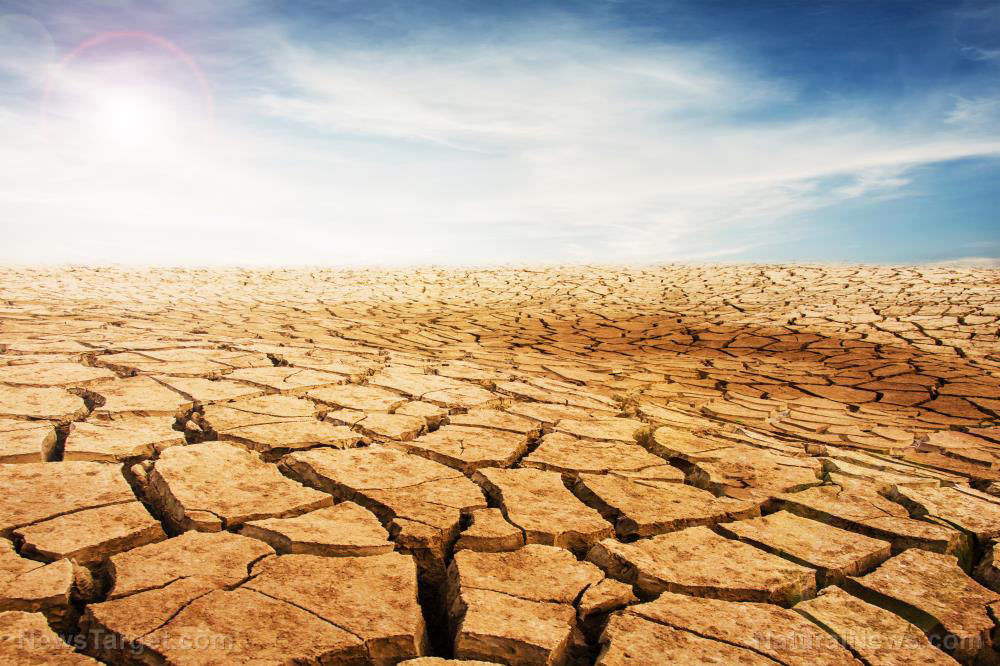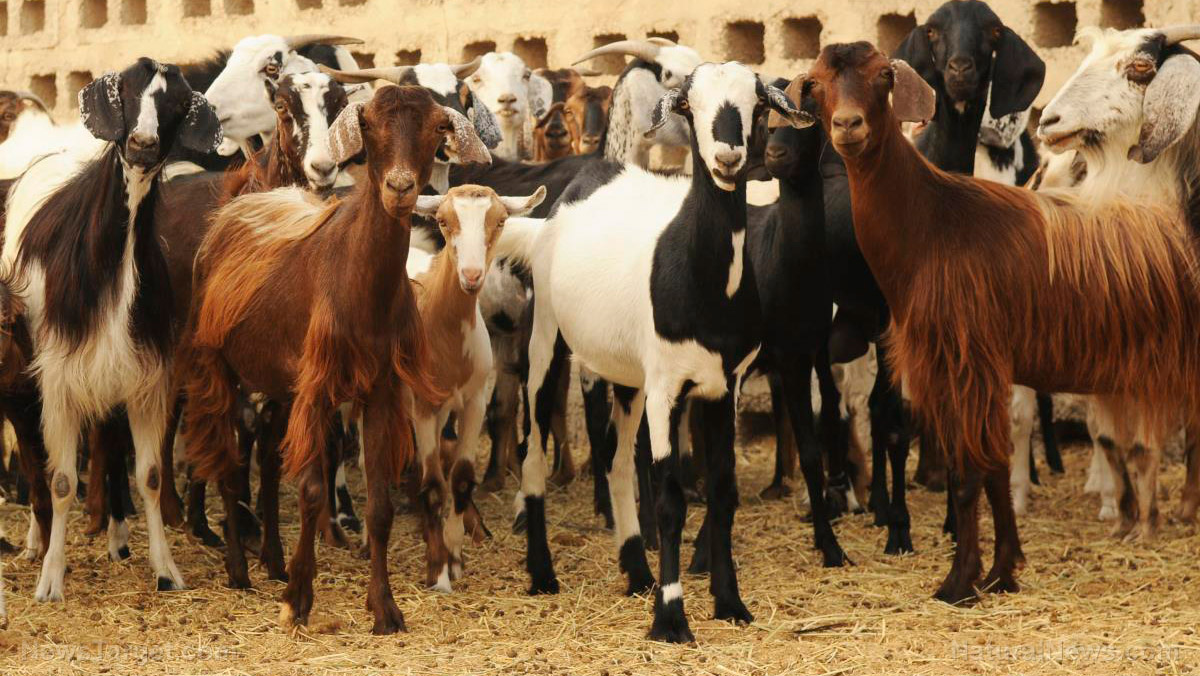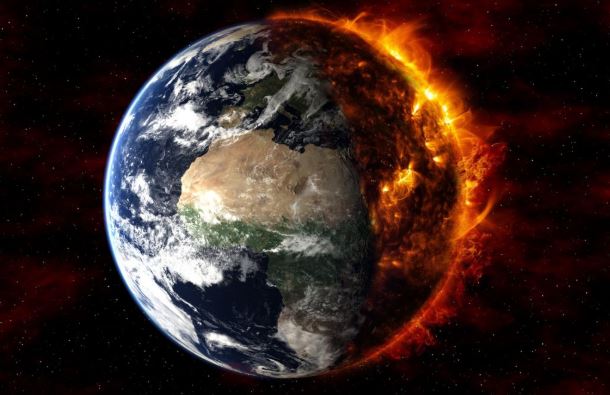UN seeks urgent climate action to PREVENT “greening” of Sahara Desert, proving climate change is a death cult
10/29/2020 / By Ethan Huff

The United Nations (U.N.) has issued an urgent warning about the Sahara Desert, which is in the process of “greening” apparently due to climate change.
The reversion of the Sahara from desert back to a type of “Garden of Eden” would seem, on its surface, to be a good thing. But because a changing climate is involved, the U.N. is fearmongering about how someone needs to do something to stop it.
Published on Oct. 26, the U.N. announcement explains that Africa has been “warming progressively” since the start of the last century, and that over the next five years some big changes are coming.
The northern and southern regions of Africa are slated to become drier and hotter, according to the U.N., while the Sahel region of Western Africa is expected to get a whole lot wetter.
Since the Sahara region of Africa used to be a whole lot wetter, it has remained over the past 6,000 years as the uninhabitable desert we all know it to be. Only now is that beginning to change, and somehow this is a bad thing because it could be the result of carbon emissions.
“In recent months we have seen devastating floods, an invasion of desert locusts and now face the looming spectre of drought because of a La Niña event,” warned World Meteorological Organization (W.M.O.) Secretary-General Petteri Taalas in a statement.
“The human and economic toll has been aggravated by the COVID-19 pandemic,” he made sure to add.
More related news about the climate, by the way, can be found at ClimateScienceNews.com.
Africa will really benefit from all this “greening”
The Sahel region of the southern Sahara is only barely livable, being the home to the surviving descendants of what that land used to be. The prospect of more moisture and “greening” is good news for these folks, who barely scratch by doing what they can with the marginal land to make a living.
If the U.N.’s predictions are correct, Sahelians will once again have the opportunity to grow things in fertile soil while potentially building a whole new civilization in the process.
And somehow this is a bad thing to WMO Regional Strategic Office Director Filipe Lucio, who during a recent press conference warned that Africa “needs to take action” right away.
“Action is needed today in terms of adaptation, but also is needed tomorrow in terms of mitigation,” Lucio is quoted as saying.
The U.N. further claims that the agricultural sector “is key to building climate resistance” to these changes since it is “the dominant employer and it relies on the use of water and energy – both heavily implicated in climate change.”
At the same time, the U.N. admits that reforestation of these arid desert lands is beneficial because it will help “to prevent water runoff” while promoting the growth of vegetation “which supports the hydrological cycle.”
In a non-crazy world, these beneficial changes would have been headlined by the U.N. as evidence that climate change is a good thing that will benefit both the land and the people who occupy it. But we do not live in a non-crazy world.
The U.N. would rather bellyache over the perceived “threat” of climate change than acknowledge the fact that, at least in this case, a changing climate will bring about a better climate for people who could desperately use some water and the ability to grow food crops.
“I suspect we shall run out of fossil fuel long before we release enough CO2 to make the climate that benign,” writes Eric Worrall for WattsUpWithThat.com.
“Perhaps when recoverable fossil fuel runs out, our descendants will maintain elevated atmospheric CO2 levels by using nuclear powered furnaces to roast limestone and other CO2 rich minerals, to alleviate the suffering of our planet’s CO2 starved plants.”
Sources for this article include:
Tagged Under: Africa, climate change, death cult, deaths, global warming, greening, Holocene Climatic Optimum, insane, la nina, left cult, lies, Sahara Desert, sahel, terraforming, UN, United Nations
RECENT NEWS & ARTICLES
ScienceFraud.News is a fact-based public education website published by Science Fraud News Features, LLC.
All content copyright © 2018 by Science Fraud News Features, LLC.
Contact Us with Tips or Corrections
All trademarks, registered trademarks and servicemarks mentioned on this site are the property of their respective owners.




















